‘We lived without electricity for 11 days’
Mohana Bhattacharjee, 27, research scholar, Assam University
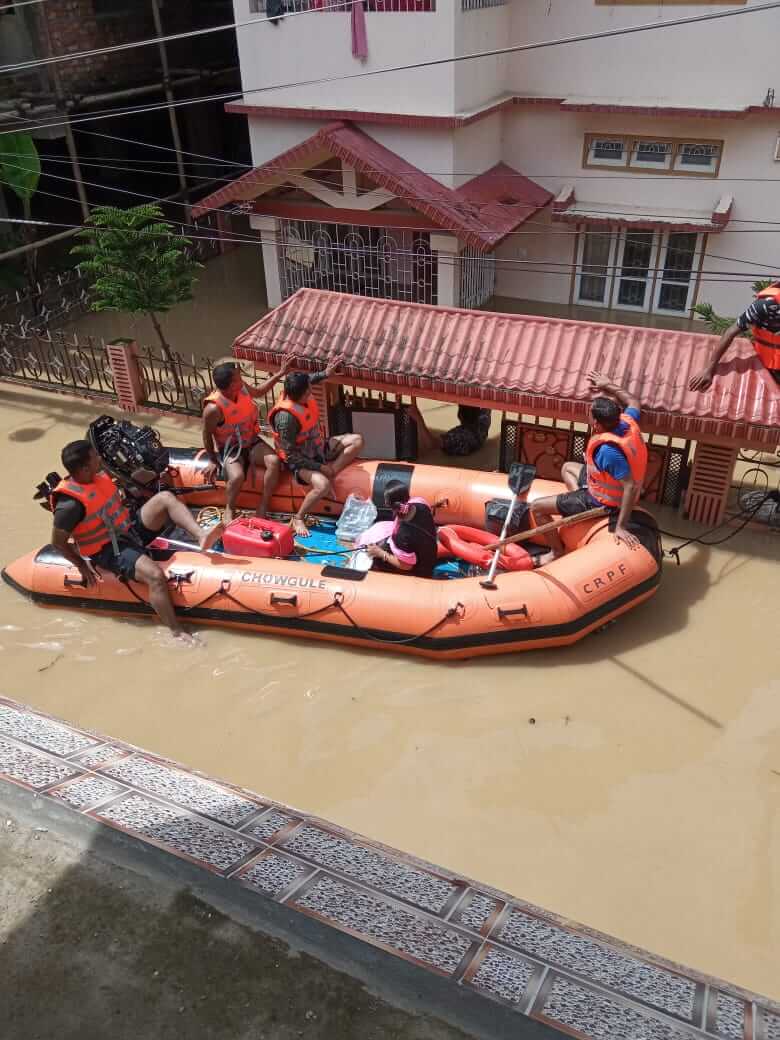
The ground floor of my building was flooded by the morning of June 20. It all happened so quickly that families living there had no time to save anything at all. I have never faced such devastating floods before, nor did my parents. In 2004, we had floods but it was not this devastating. Our area never gets flooded, but this time it did. We do get flash floods; we have never experienced this type of flood. This has probably happened due to environmental changes and cutting of trees. Water needs to find its way out.
People could not cope for the first three-four days. It was tough. We purified flood water and used it after treating it with chlorine and bleach. We already had a chlorine water system in our house, so we had chlorine available. Everyone was using flood water for all uses except drinking. A few NGOs provided us with packaged drinking water. The situation was depressing – it was dark, candles were not accessible, so we used earthen lamps…We lived without electricity for 11 days. The water in my locality receded after about 15 days. Some of us are back to normal but my city still has relief camps going on because many people’s homes were washed away by the floods.
‘My baby born during floods brought relief and joy’
Debashish Sharma, 34, assistant professor of mathematics, Gurucharan College
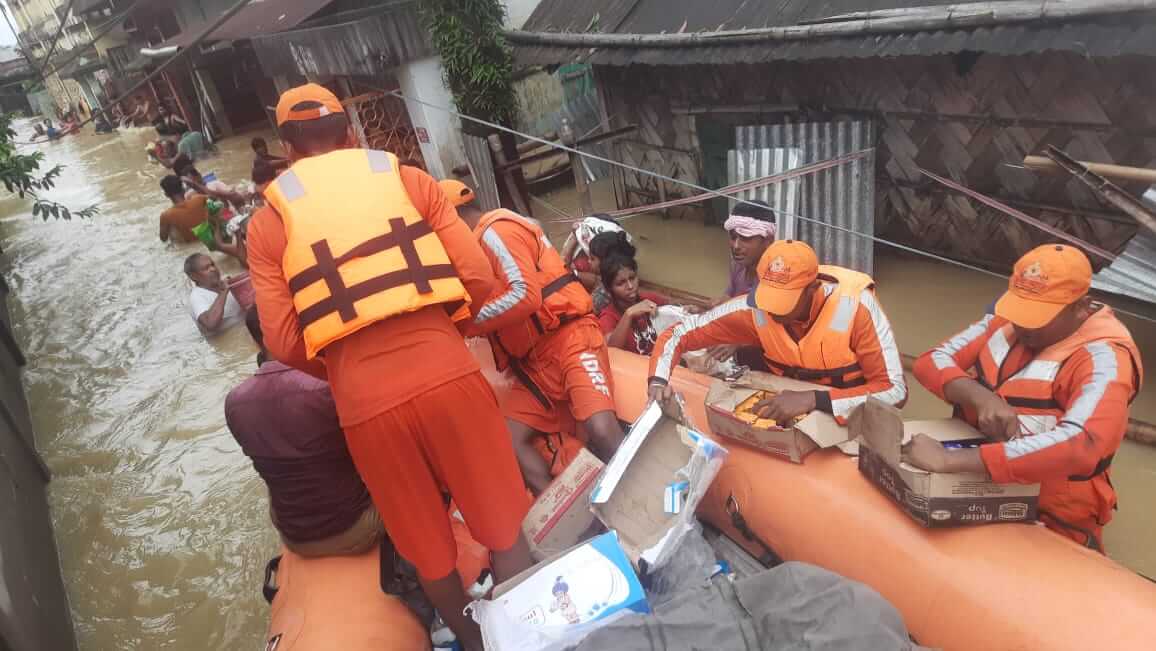
I have never seen such a devastating flood in my life. Silchar saw floods in May but only some remote areas were affected. The rainfall on June 20 though flooded our area in just 30 minutes. My primary concern was my 38-week pregnant wife who would have gone into labour any moment. As water entered the ground floor of my building, both of us and my parents shifted to the first floor. Getting drinking water was a huge problem, we did not have electricity. There was no relief till June 23, I started collecting rainwater to use it for drinking.
When the National Disaster Response Force (NDRF) boat could finally enter my lane, my wife and I were taken to the hospital. My 70-year-old father had to wade in neck-deep water to collect relief materials…It was painful to see my father in such a plight when I was at a safer place. Our daughter, born on June 27, brought relief and joy to the family…Senior citizens in my area recall this to be the worst flood since 1929. The administration has to take the blame for the situation. The embankment at Bethukandi had been damaged, the authorities should have repaired it in May but nothing was done.
‘Our children had nothing to eat’
Bidisha Sen, 26, homemaker
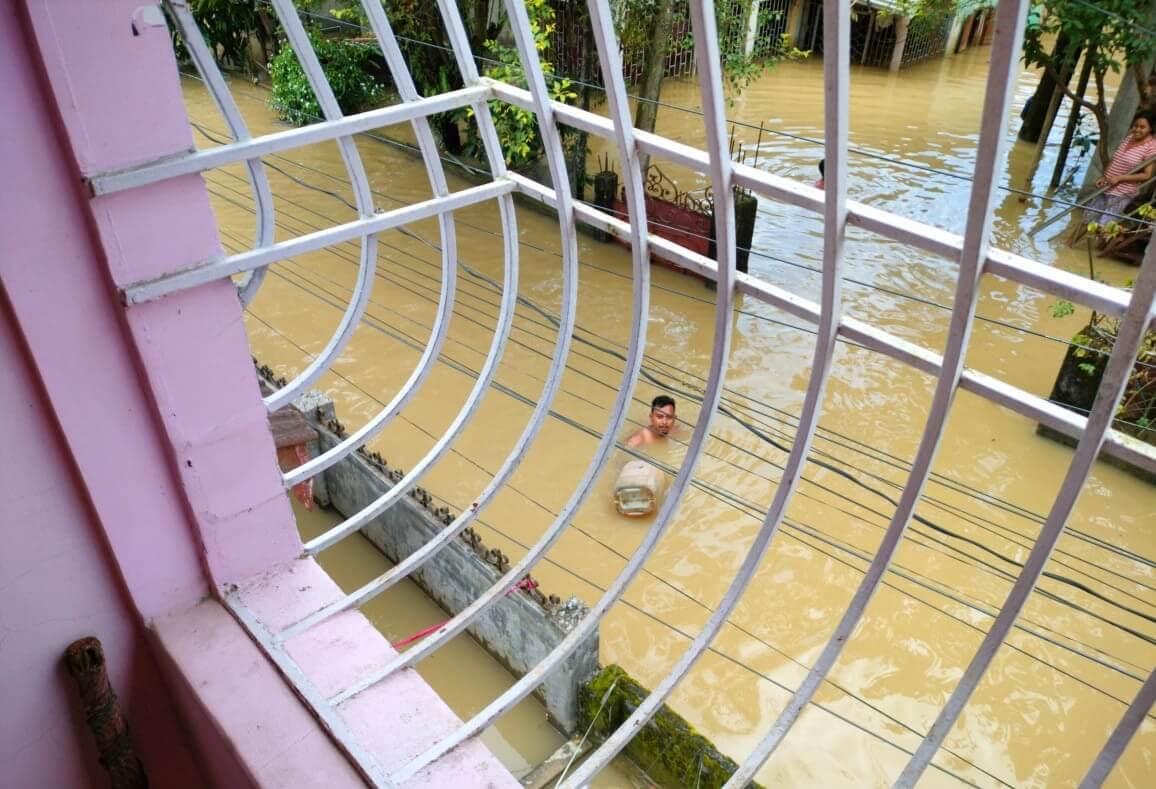
There was water everywhere where we live near Azad Hind Road. There was no food to eat for days. I have a 10-month-old child and we went through a lot of suffering…I regret not stocking enough food. I had not anticipated such a deadly flood. It pained us to see the two children, mine and my brother-in-law’s 11-year-old daughter go hungry.
My husband, a businessman, tried venturing out on the flooded road to look for food but he couldn’t. The view from my first-floor house was frightening – the road was submerged and water had entered the ground floor. It was impossible to go out. There was no relief for days as our lane is in an interior area. Our house was completely damaged but we somehow survived the nightmare. The situation is getting back to normal but those four-five days of suffering still haunts me.
‘Chest-deep water submerged vehicles’
Joydeep Biswas, 52, associate professor of economics, Cachar College
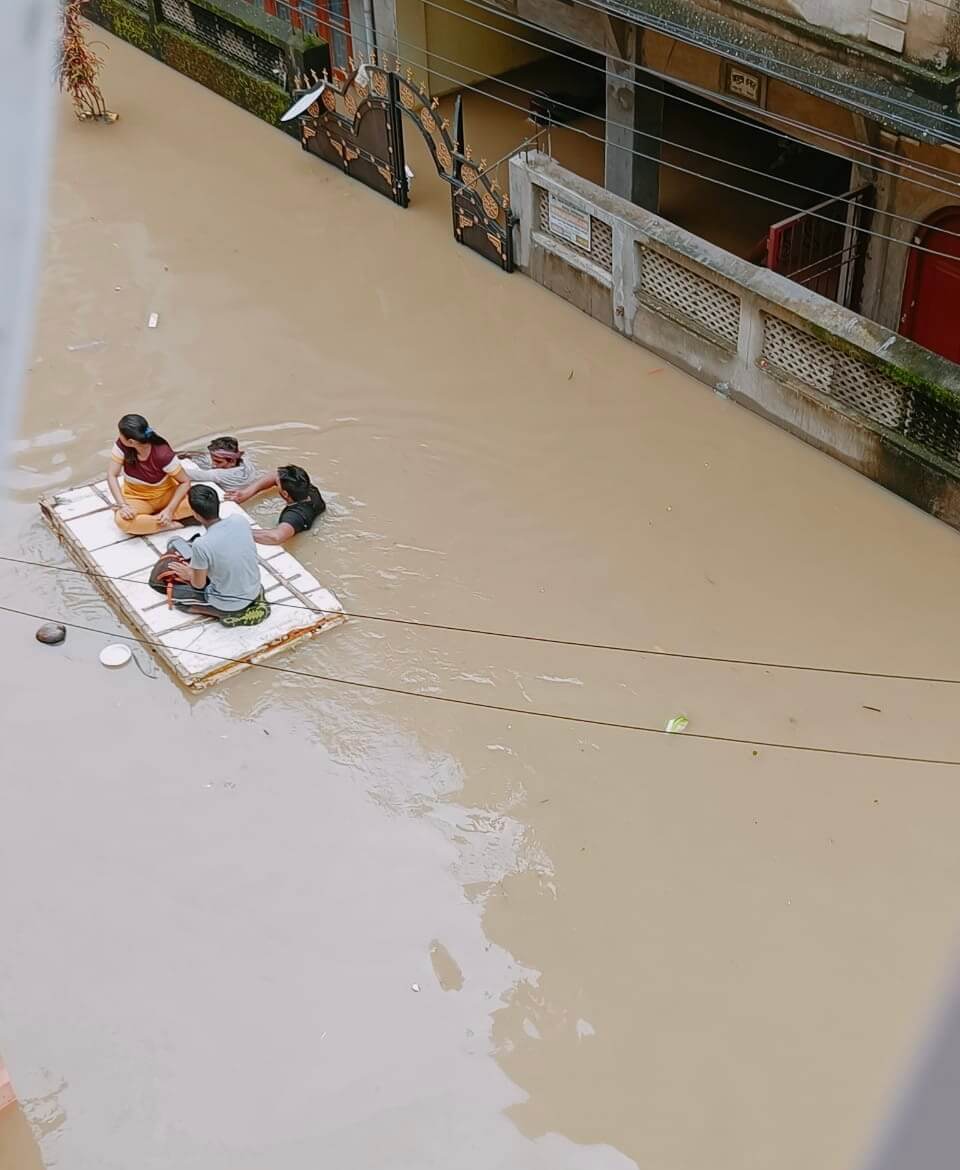
I consider myself privileged as my family had food and water during the flood. We live in Ambicapatty, one of the better areas in the city. We stocked up. A chill went down our spine as the water level kept increasing. The lift shaft was flooded. I remember the floods in 1986 and 2004, my family lost 80 per cent of our belongings in the latter one but last month’s flood was horrific. Chest-deep water submerged all vehicles. There are 18 families in this building. There was no electricity, no water, and no phone network. On June 23, I took my 18-year-old son, who is preparing for JEE Main, in a small boat and checked into a hotel. Three days later, other family members joined us. I could afford the hotel stay and I luckily got rooms.
Some areas such as Premtola which had never been flooded were submerged in the rainwater. The Goldighi Municipal Mall, located in the heart of the city, is completely damaged with its basement filled with 10-foot water. This is a flood-prone area and the state saw the highest June rainfall in 121 years. Silt was not removed from the river. The floods in May had inundated many areas and some people had cut the dyke so that the water could flow back into the river. Lapses coupled with record rainfall could have led to this situation.
‘We were moving spice boxes floating in the flood water’
Arjit Das, 32, engineer
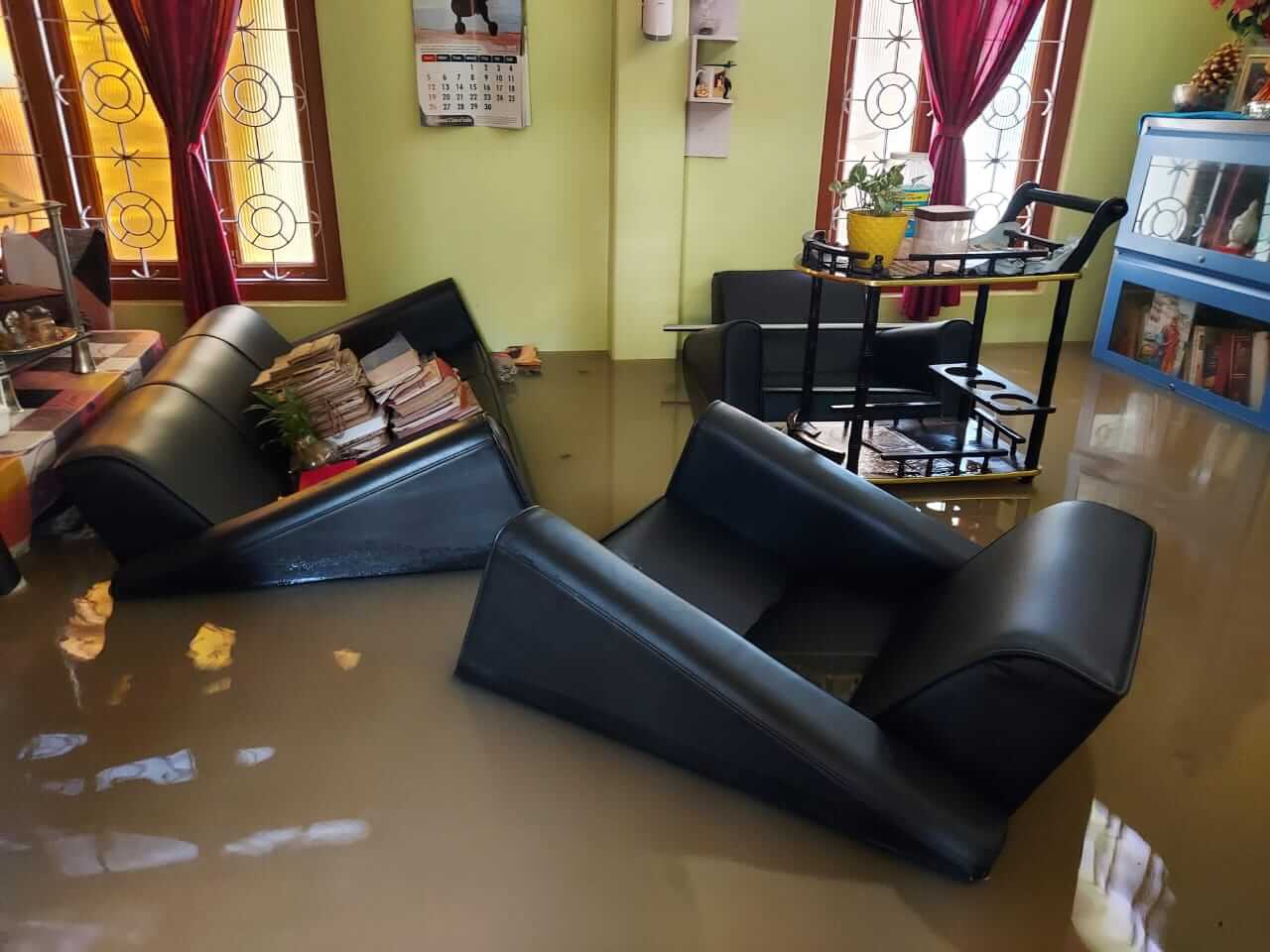
I grew up in an Assam-style house on Public School Road where my family has been living for at least 90 years. We had partially demolished the old house to replace it with a two-storey RCC structure and the house stands about 1.5-foot above road level. Water had never entered our house and my parents had never faced a flood. But on June 26, around 3am, my younger brother and I noticed that there was water on the street. By about 5am, we realised it was only rising and we began shifting to the first floor. My relatives who live in typical Assam-style houses that didn’t have a first floor also moved in with us. By 8pm, the water level had risen till it reached the MCB box near the ceiling. As each step on the staircase got submerged, we tried to salvage as many belongings as we could till we were moving spice boxes floating in the flood water. Our new car, sofa set and refrigerator were completely submerged.
The flood water flowed with such intensity that it was difficult for supplies to reach us through rafts. On the second day, we watched as a boat from an NGO with bottled water, mustard oil, rice and dal toppled, and the supplies floated away. We expected help from the government but people from the community did. Members of the local club tied a rope across our gate so that people getting carried away by the current could get a hold of themselves. My brother and I built a raft with some help, we borrowed cash from a paan seller, we struggled to receive supplies because the water current wouldn’t allow boats to be at one spot. The District Collector and team showed up in a boat, fully-equipped with life jackets. The water current had slowed down and yet, they struggled to put the supplies in our bags. They threw water bottles in the flood water and expected us to get them.
We had to be alert and stay up all night. The men of all the houses would scream: ‘Jaagte raho, jaagte raho’ because there were repetitive robberies. Thieves attempted to rob one house thrice; they knew. We would stay awake till the sun rose and catch some sleep after that. We spent our days as beggars and nights as watchmen. If something like this happens again, I will move away from here. It pains me to say that my own city is not safe to live in anymore.
Jashvitha Dhagey developed a deep interest in the way cities function, watching Mumbai at work. She holds a post-graduate diploma in Social Communications Media from Sophia Polytechnic. She loves to watch and chronicle the multiple interactions between people, between people and power, and society and media.
Shobha Surin, currently based in Bhubaneswar, is a journalist with 20 years of experience in newsrooms in Mumbai. An associate editor at Question of Cities, she is concerned about Climate Change and is learning about sustainable development.
Cover photo: Debashish Sharma

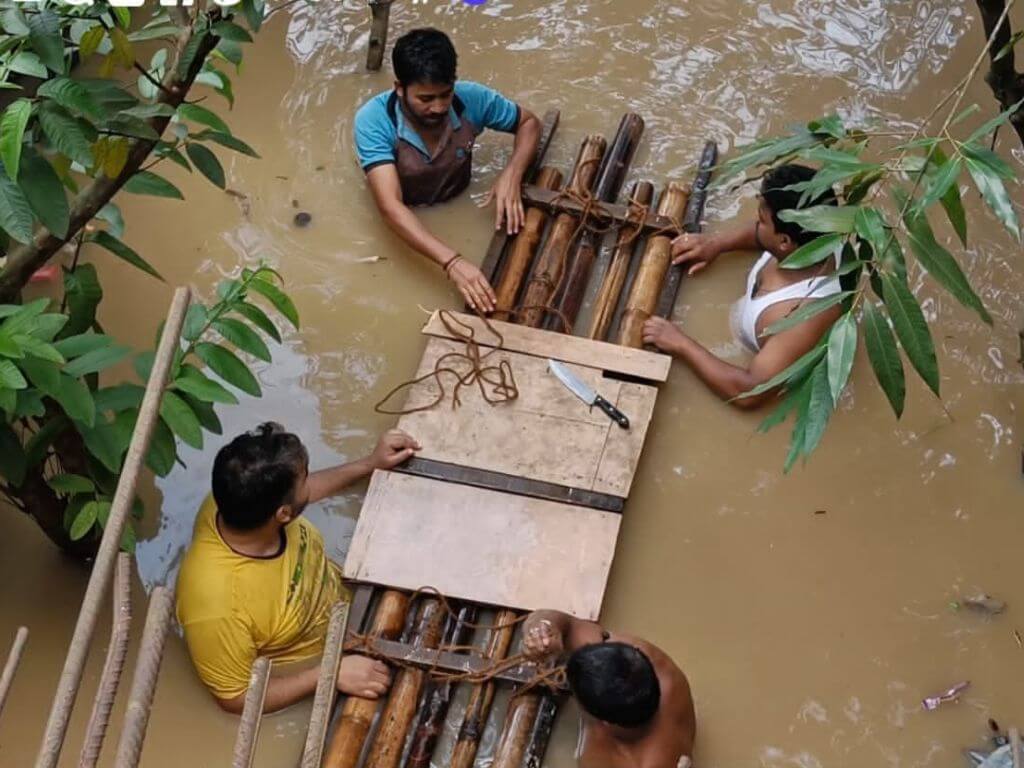
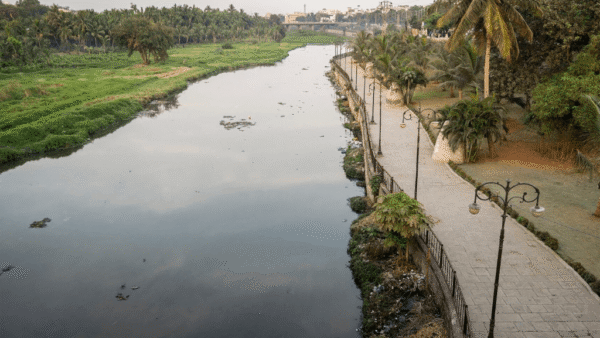
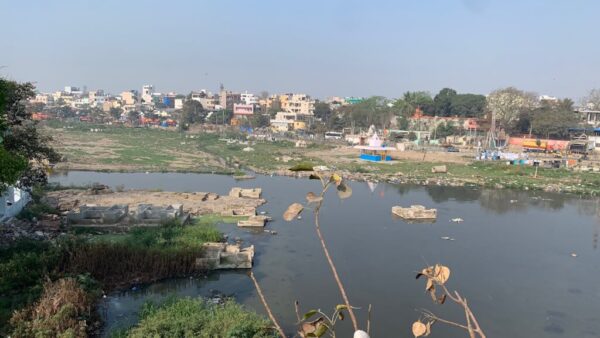
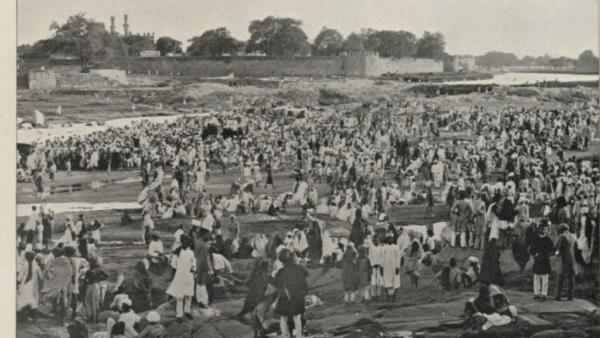
There is 1 comment
The floods were a terrible experience for us. Thank you for covering our stories.